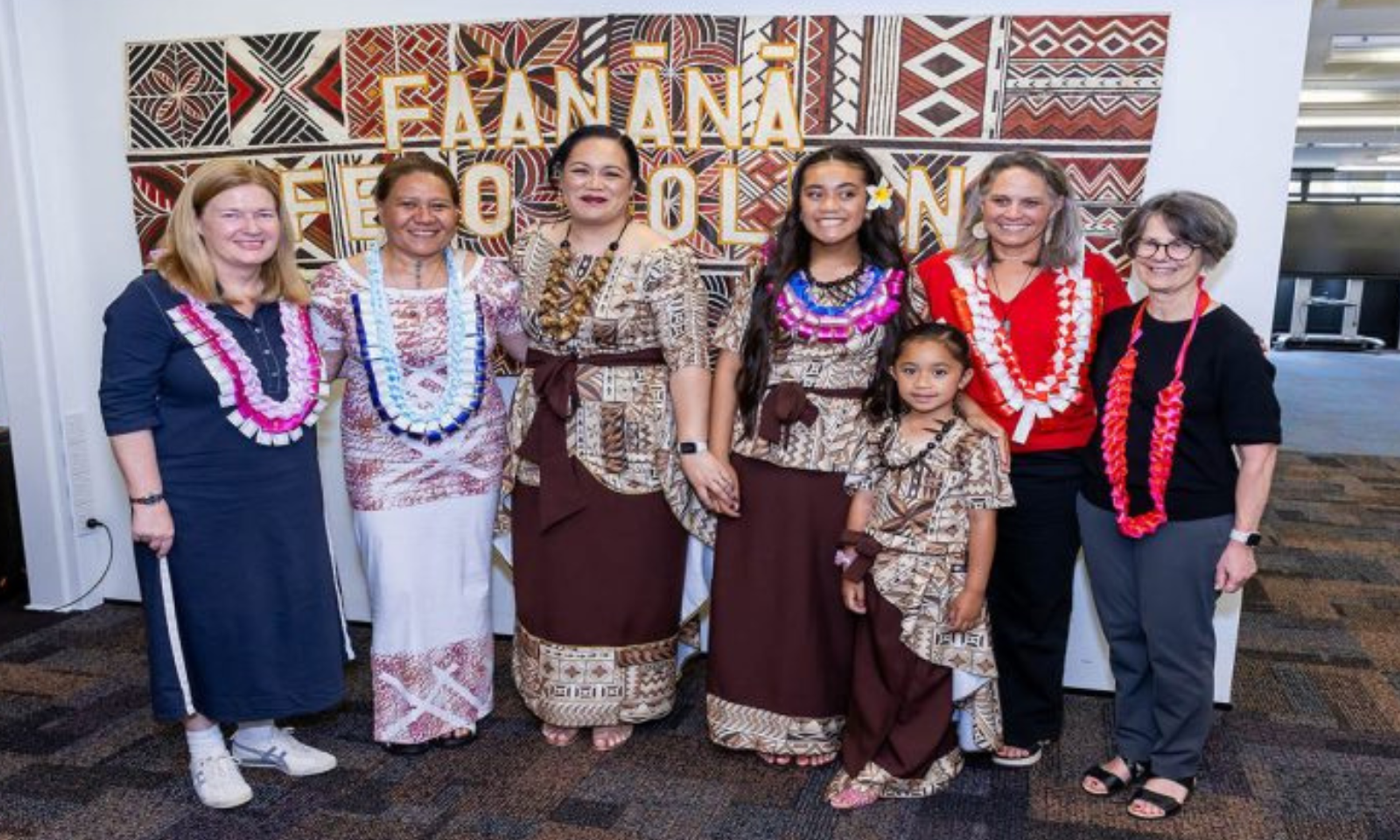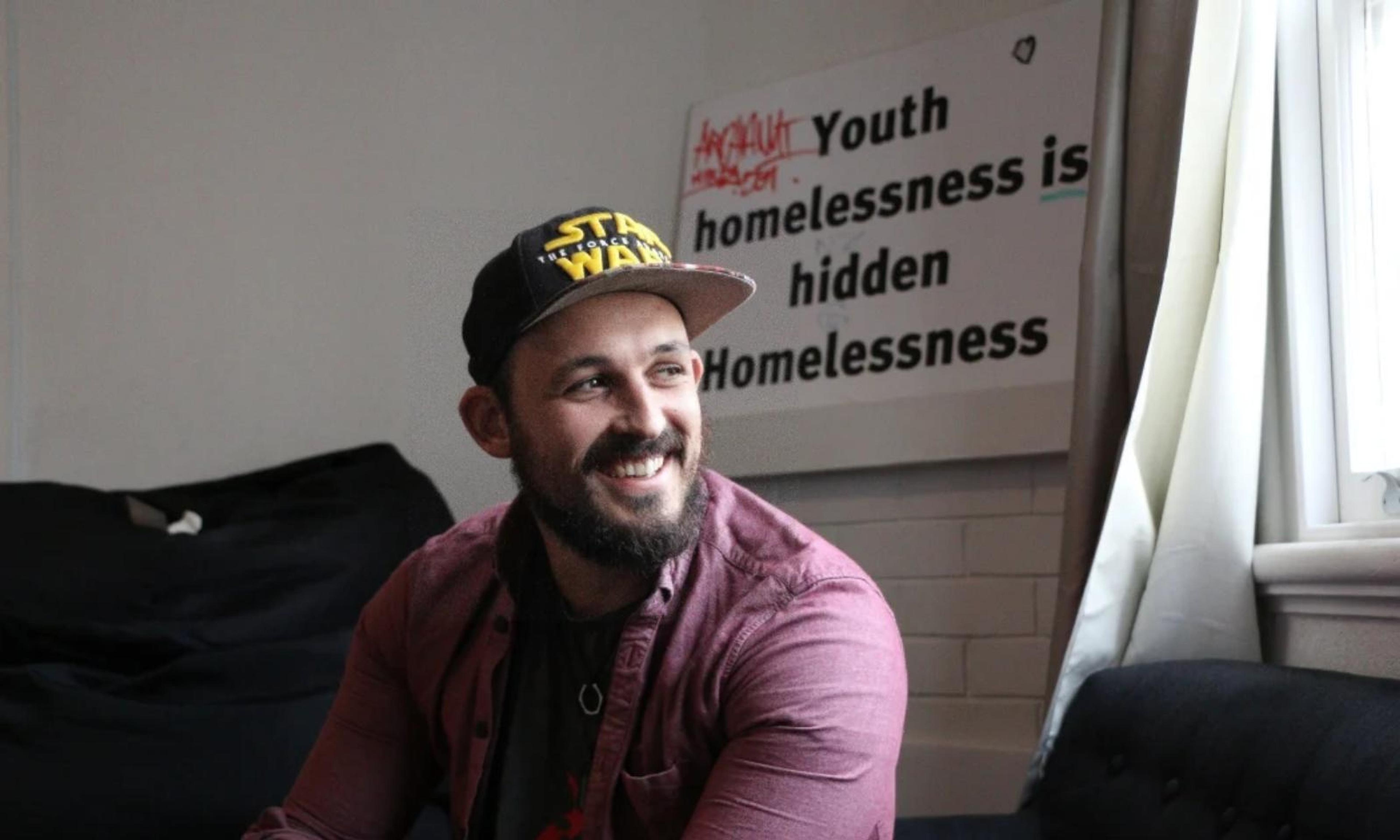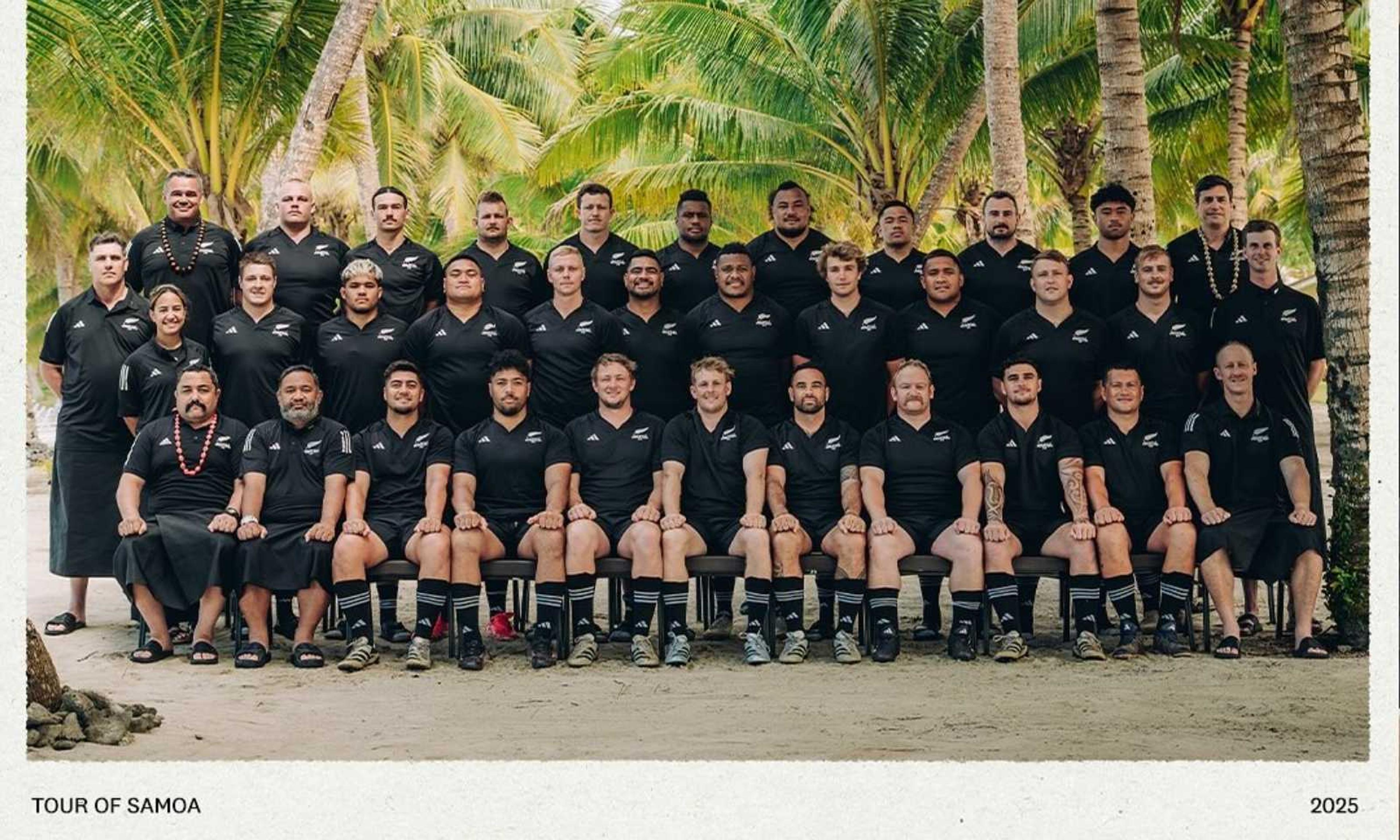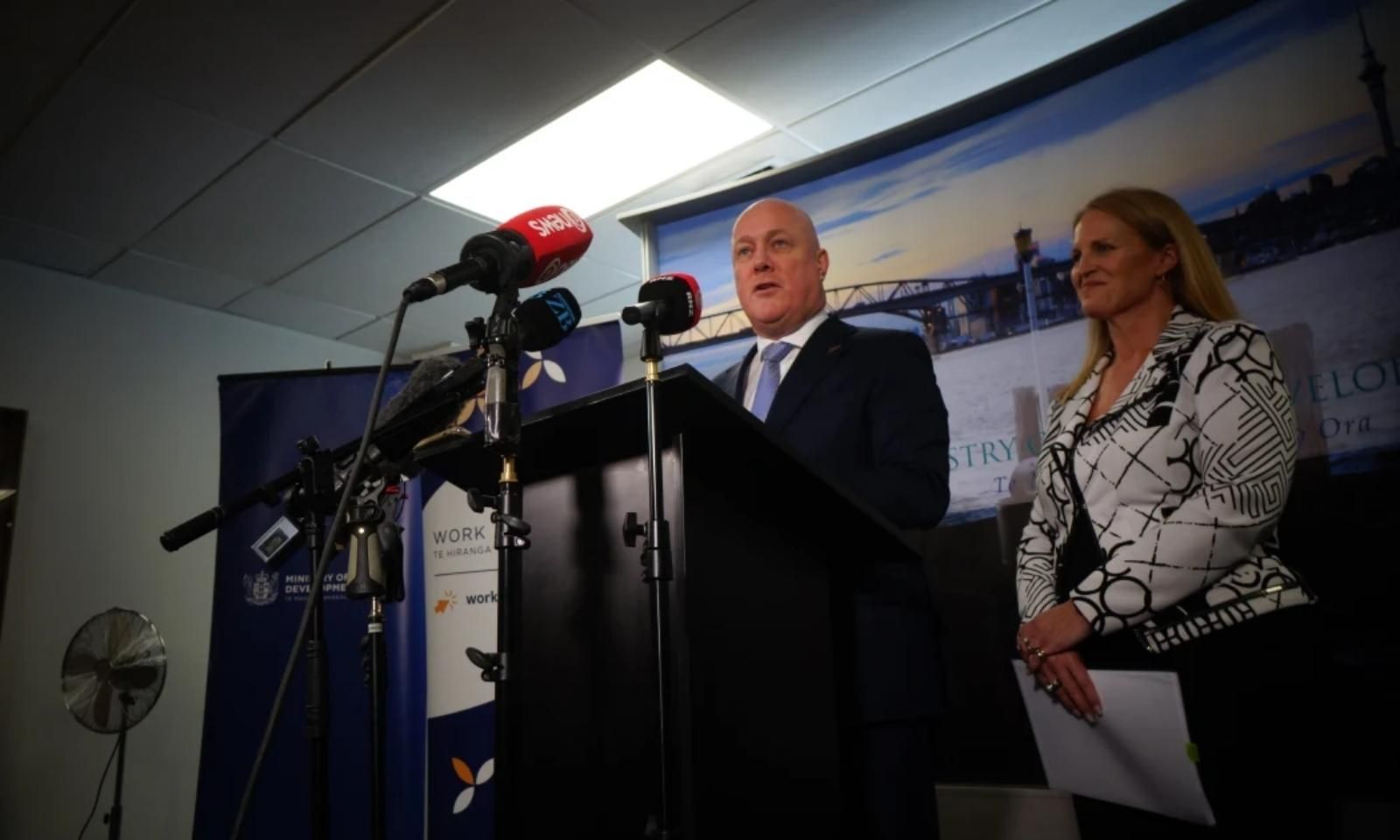

Aaron Hendry, founder of youth advocate organisation Kick Back.
Photo/RNZ
Govt accused of ‘punching down’ on young people over Jobseeker changes
Youth advocate Aaron Hendry says new Jobseeker Support rules put cost-cutting ahead of care, blaming young people for “an economic crisis they did not create”.



Law expert: US boat strike controversy a lesson for the Pacific

Heartland XV coach reflects on emotional return to Sāmoa

Most New Zealand teachers set for six-figure pay after new deal struck with govt



Law expert: US boat strike controversy a lesson for the Pacific

Heartland XV coach reflects on emotional return to Sāmoa

Most New Zealand teachers set for six-figure pay after new deal struck with govt
A youth advocate says the Government’s new Jobseeker Support changes will increase risks for vulnerable youth and worsen homelessness among those already struggling.
From November 2026, 18 and 19-year-olds without children will have to meet a new Parental Assistance Test to qualify for Jobseeker Support or the Emergency Benefit. The test assesses whether their parents earn below a set income threshold or if they can prove they cannot reasonably rely on parental support.
The income cap, currently at NZ$65,529, means parents earning more than that amount will be expected to support their young adult children instead of relying on government assistance.
Minister for Social Development and Employment Louise Upston says the changes are designed to reduce benefit dependency among young people. She says welfare “assistance [will be] targeted to those who need it the most, as young people will be expected to first be supported by their parents”.
Speaking with William Terite on Pacific Mornings, Aaron Hendry, the founder of youth development organisation Kick Back, says the policy will “fall heaviest” on whānau already struggling.
“It's going to increase the risk of homelessness for young people and put some of our most vulnerable young people in potentially dangerous situations. It's not very well thought through and it won't support people into employment,” Hendry says.

Prime Minister Christopher Luxon and Social Development Minister Louise Upston announce Jobseeker changes. Photo/RNZ/Kim Baker Wilson
He explains that the NZ$65,000 income threshold doesn’t reflect the current cost-of-living crisis, arguing it is already too low for a household, and will leave many facing greater financial, mental and emotional strain.
“This is not a policy that is supporting people into work and the government needs to step back and start asking our communities what it is that you need to thrive?”
Speaking to RNZ, Prime Minister Christopher Luxon says this “pretty simple deal” reinforces personal responsibility for both parents and youth. He adds that the Government "[cares] about you, we love you, but we want you to realise all that potential you’ve got”.
“That's just not true. The young people that I speak to every single day, their first goal is to get a job. They're motivated to find work. They are applying for jobs and they're just not hearing anything back,” Hendry says.
Upston also announced a new incentive where young people on Jobseeker Support who participate in community job coaching and remain in work for 12 months can apply for a NZ$1000 bonus payment.

Youth on Jobseeker Support will be eligible for a NZ$1000 payment if they stay in work for 12 months under the Government’s new community job-coaching scheme. Photo/File
Hendry calls the incentive “insulting,” saying it reinforces the lack of motivation narrative regarding youth. He says the money does not ensure safe and stable housing or meaningful support.
“The real issue in this country is that we have young people who are struggling, who lack opportunity and they lack the support to overcome the significant barriers that they are facing,” Hendry says.
“Instead of the Government responding to this and ensuring that those young people can get the care and support that they require, the Government's punching down on young people for an economic crisis they did not create.
“It seems to be very clear about cutting costs rather than personal responsibility. We have a collective responsibility to ensure that all of our whānau have access to good, safe, affordable housing, care and support. This is making things harder and putting people in survival mode when they need the support to thrive.”
Listen to Aaron Hendry’s full interview below.